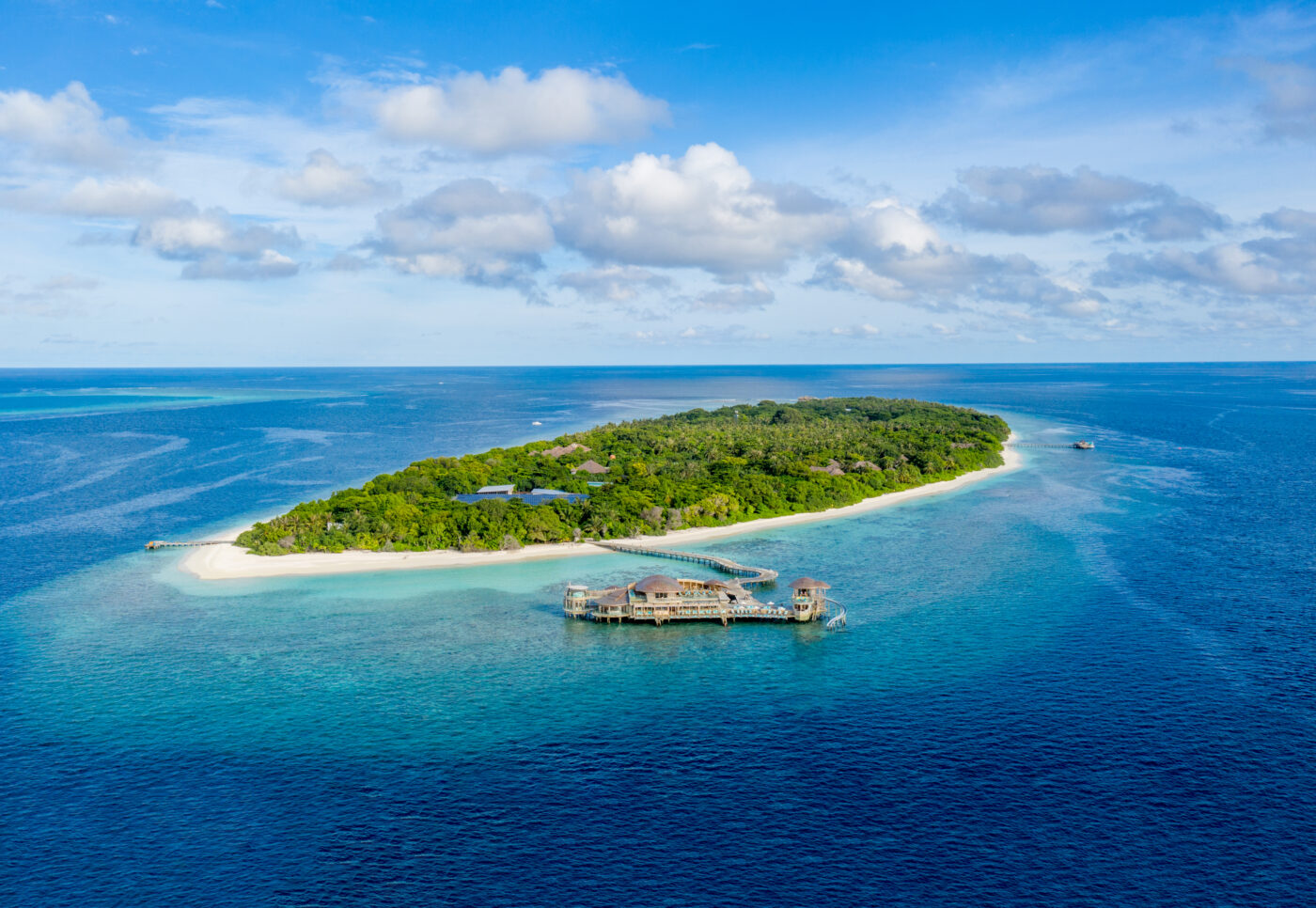This World Environment Day starts the UN Decade on Ecosystem Restoration. The aim, to bring people together around the world to protect and restore the ecosystems which we rely on for food, clothing, housing and protection against climate change.
The UN have created an ecosystem restoration playbook with ideas on how to actively restore the ecosystems around us through actions such as planting trees and native flora, removing litter from green and blue spaces, and creating wildlife corridors.
Reducing pressure on ecosystems
As well as restoring the ecosystems around us, we can reduce the pressure we put on them by decreasing the resources that we take and using what we do take wisely. One aspect of hospitality, and our daily lives, which is critical in this is the food we serve and eat.
- Eating less meat and dairy can have a huge impact on the environmental footprint of our diets.1
- Sourcing produce as locally and seasonally as possible also lessens the footprint.
- Above all, no matter what you decide to eat, wasting as little as possible ensures that we’re not squandering the resources we take from the planet.
Food waste
One third of all food produced is wasted each year.2 Calculations from the UK estimate that about 18% of annual food waste is created by the hospitality and food service industry, with 1 in 6 meals in hospitality being wasted.3
Addressing this issue is not just a priority in terms of sustainability, but also benefits the bottom line via significant reductions in food costs.
Top tips for reducing food waste
- Engage your teams – running education and awareness campaigns for your employees can inform them of steps to take to reduce food waste in your kitchens and employee cafeterias. Many of your employees may be keen to help address the issue of food waste, especially where food security directly affects their communities.
- Analyse your operations – food waste can be created at every stage of operations so it’s important to review your delivery and storage processes, how you prepare and serve food, as well as what you can do with any leftovers to ensure you make the most of the food your purchase. For example, IHG Hotels & Resorts in Australia partnered with a local NGO to divert food from landfill by donating 7,260 meals to vulnerable people in 2020.
- Measure your impact – tracking and measuring how much waste you create daily will quickly show the impact of any reduction measures. WRAP have created a free toolkit for hospitality businesses to setup a simple tracking and measuring process. WWF is creating a methodology for measuring waste in hotels, including food waste, to help guide accurate tracking. It will be released later this year and available on the Sustainable Hospitality Alliance website.
- Bring others along on the journey – you could also raise awareness with your guests or other businesses in your local community. For example, Park Hyatt Zurich has been raising awareness of cooking with all parts of an animal by preparing dishes using typically less desired parts and featuring them in its restaurant. The executive chef has also spoken at a conference to engage more chefs on this topic.
The natural world around us is under a lot of pressure through the demands that we place on it to support us. However, we can all do something to reduce the pressure by carefully considering how we use resources, especially the food we eat.
Find out more
Check out our factsheet on food waste for more information about how your hotel can reduce your impacts.



